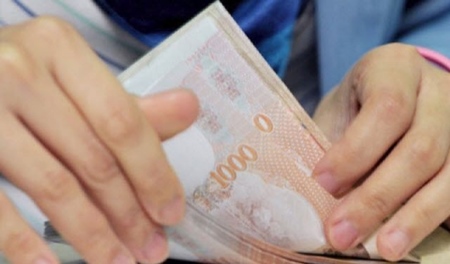BANGKOK, June 5 – The United States’ application of the minimised quantitative easing (QE) programme, China’s economic slowdown and the Thai Finance Ministry’s foreign capital control are major elements contribution to the depreciating baht, according to a senior central bank official said.
Pongpen Ruengvirayudh, deputy governor of the Bank of Thailand (BoT), said foreign capital inflows have gradually eased while the US Federal Reserve will scale down its QE measures – a signal of US economic revival and return of capital to dollar-trading markets.

China’s economy is on the downward trend from its 7.7 per cent growth in Q1, a phenomenon which, she said, will have an impact on Asian countries which rely heavily on exports to China.
Foreign investors have slashed their investment portfolios in Thailand’s bond market since last month, she said, adding that the Thai government has been mulling a curb on foreign capital inflows – a major factor that deterred investors.
The Thai currency moved slightly yesterday from Bt30.42/44 to Bt30.38/40 against the dollar.




